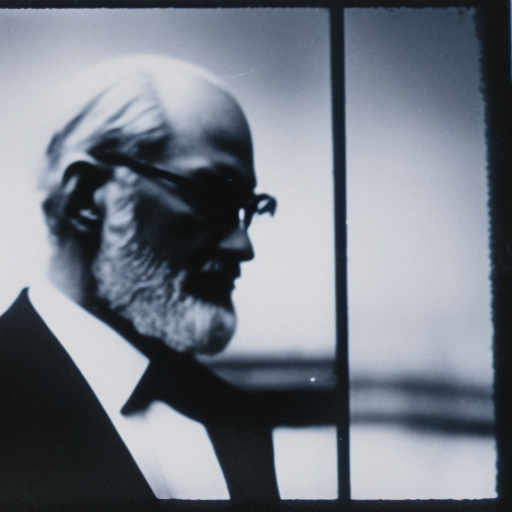Sigmund Freud: The Father of Psychoanalysis
Sigmund Freud was an Austrian neurologist and the founder of psychoanalysis, a clinical method for treating psychopathology through dialogue between a patient and a psychoanalyst. Born in 1856 in what is now the Czech Republic, Freud’s theories and ideas revolutionized the field of psychology and had a profound impact on Western thought and culture.
Early Life and Education
Freud was born to Jewish parents in the town of Freiberg, Moravia. His family moved to Vienna when he was four years old, and he spent most of his life there. After completing his medical degree at the University of Vienna, Freud trained as a neurologist and specialized in the treatment of nervous disorders.
The Unconscious Mind
One of Freud’s most significant contributions to psychology was his theory of the unconscious mind. He believed that our thoughts, feelings, and memories are influenced by unconscious processes that we are not aware of. According to Freud, the unconscious mind is the primary source of human behavior and can be accessed through dream analysis, free association, and other psychoanalytic techniques.
Psychoanalysis
Freud developed the method of psychoanalysis as a way to explore and understand the unconscious mind. Through a series of sessions with a patient, the psychoanalyst helps the individual uncover repressed memories and unresolved conflicts that may be causing psychological distress. By bringing these unconscious thoughts and feelings into conscious awareness, psychoanalysis aims to alleviate symptoms and promote psychological well-being.
Psychodynamic Theory
Freud’s theories also laid the foundation for psychodynamic theory, which emphasizes the role of unconscious processes in shaping human behavior. According to Freud, human personality is composed of three main components: the id, ego, and superego. The id represents our primitive and instinctual drives, the ego mediates between the id and the external world, and the superego represents our internalized moral values and societal norms.
Sexuality and the Oedipus Complex
Freud’s theories on sexuality were controversial and groundbreaking for their time. He argued that sexual energy, or libido, plays a central role in human motivation and behavior. Freud also proposed the concept of the Oedipus complex, which suggests that young children experience unconscious sexual desires for their opposite-sex parent and view their same-sex parent as a rival. The resolution of this complex is said to shape an individual’s personality and development.
Legacy and Criticisms
Freud’s ideas had a lasting impact on psychology, psychiatry, and other fields. His emphasis on the unconscious mind and the role of early childhood experiences in shaping adult behavior influenced many subsequent psychological theories. However, Freud’s theories have also been heavily criticized for their lack of empirical evidence and their reliance on subjective interpretations. Some critics argue that his theories are overly focused on sexuality and fail to account for other important factors in human behavior.
Conclusion
Sigmund Freud’s contributions to psychology and psychoanalysis have had a profound and lasting impact on the field of mental health. His theories on the unconscious mind, psychoanalysis, and psychodynamic theory have shaped our understanding of human behavior and continue to influence therapeutic approaches today. While his ideas have faced criticism, Freud’s work remains a cornerstone of modern psychology and a testament to the power of exploring the depths of the human mind.












